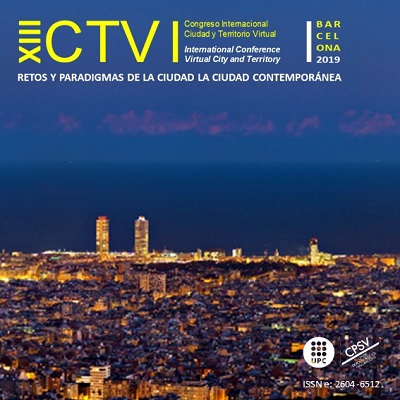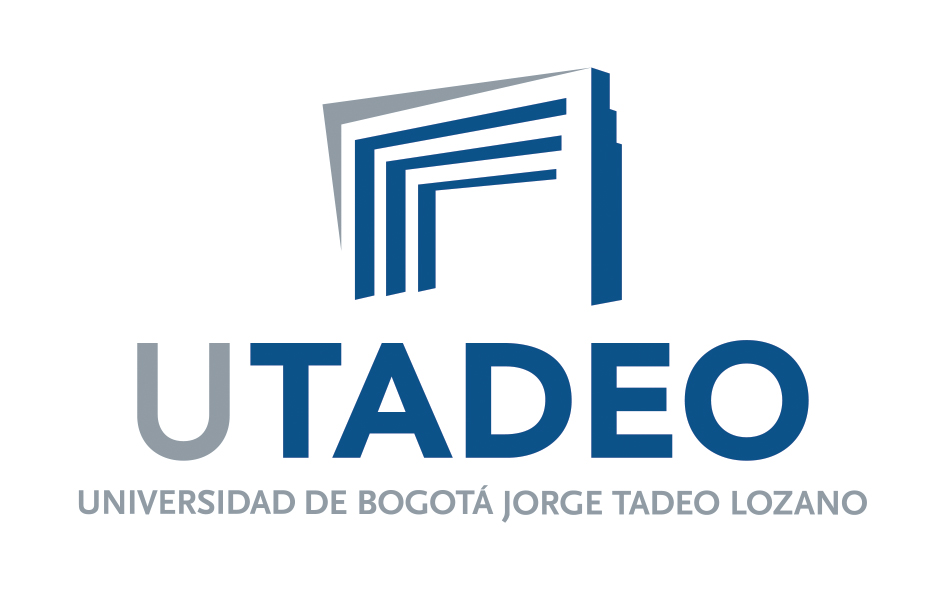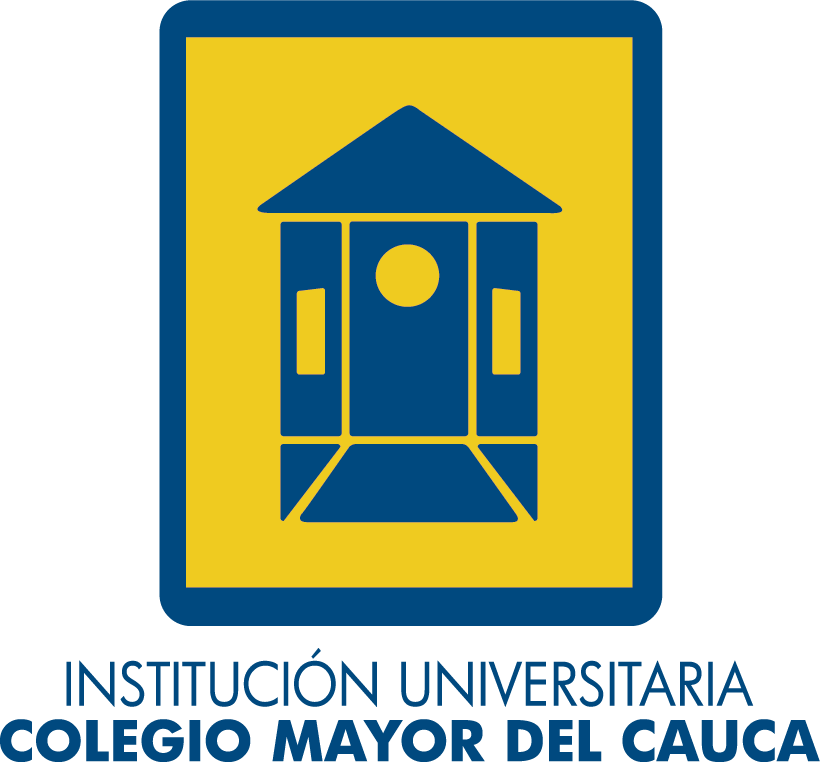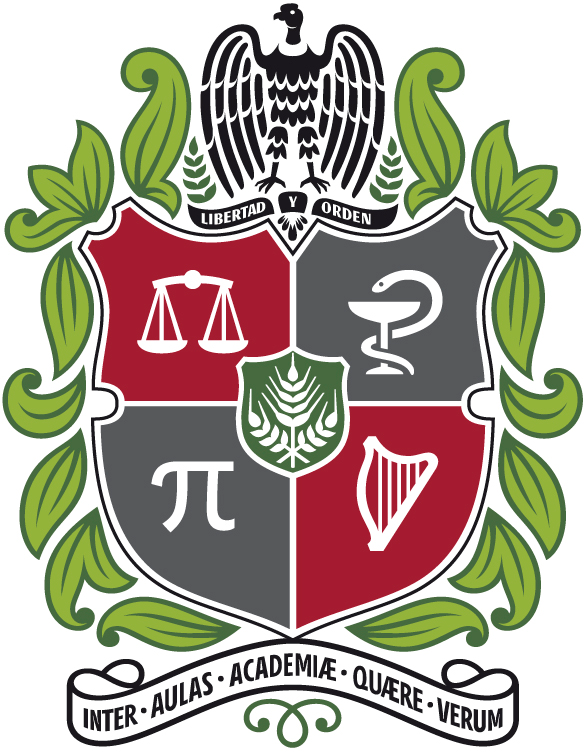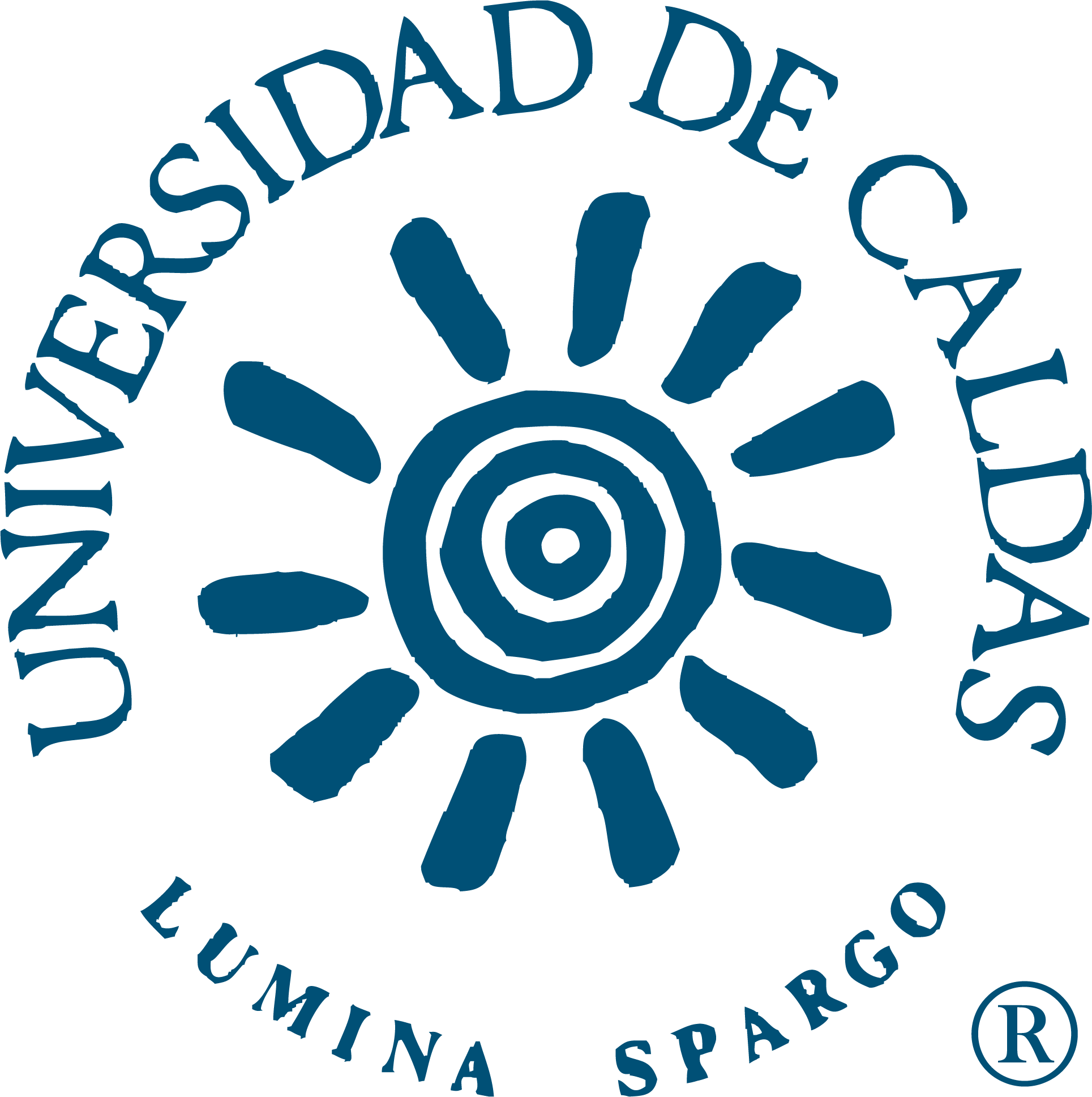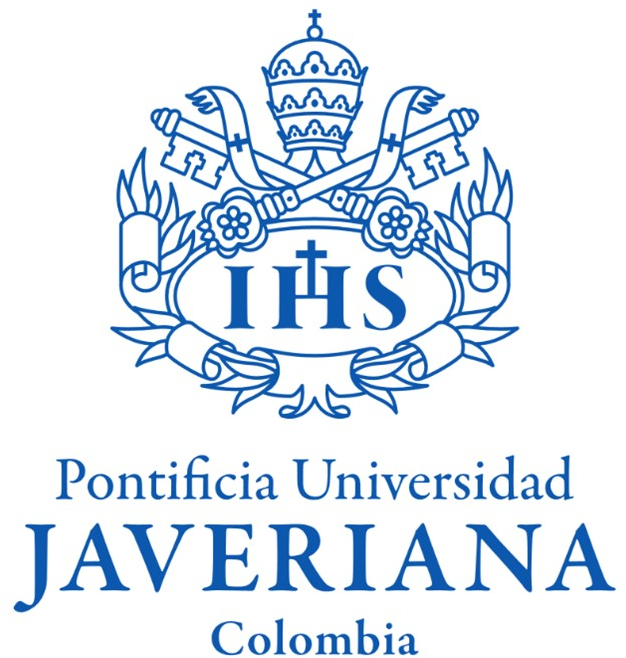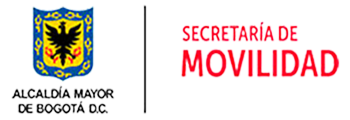La recuperació de plusvàlues urbanes i la materialització de justícia socioespacial a Bogotà (Colòmbia) i Sao Paulo (Brasil)
DOI:
https://doi.org/10.5821/ctv.8640Paraules clau:
instruments de recuperació de plusvàlues urbanes, justícia socioespacial, Bogotà, Sao PauloResum
La ponència analitza la relació entre la recuperació de plusvàlues urbanes i la materialització de justícia socioespacial a les ciutats de Bogotà (Colòmbia) i de Sao Paulo (Brasil), estudiant dues casos rellevants de recuperació de plusvàlues urbanes en aquestes ciutats: la Distribució Equitativa de càrregues i Beneficis (DECB) definida en el Decret Distrital 562 de 2014 a Bogotà i l'Operació Urbana consorciada Água Espraiada (OUCAE) aprovada mitjançant la Llei municipal 13.260 de 2001 a Sao Paulo. La materialització de justícia socioespacial és avaluada a partir dels avenços en la disminució de cinc problemàtiques relacionades als trets particulars dels processos d'urbanització a Amèrica Llatina: 1. La disminució de l'apropiació privada de la valorització de la terra resultant de l'actuació de l'Estat; 2. La consolidació dels conceptes de atorga onerosa del dret de construir i de distribució equitativa de càrregues i beneficis; 3. L'alteració dels patrons de distribució de la infraestructura urbana; 4. La reducció dels efectes negatius de la segregació socioespacial i 5. La disminució de la informalitat en l'accés al sòl urbà. La pregunta central que orienta la ponència busca respondre si a la DECB a Bogotà i en la OUCAE a Sao Paulo es van presentar avenços en la materialització de formes de justícia socioespacial associades a la disminució de les problemàtiques esmentades. La hipòtesi utilitzada per a respondre a la pregunta central va considerar que, en la DECB implementada a Bogotà, i en la OUCAE desenvolupada a Sao Paulo, es van concretar avenços en la materialització de formes de justícia socioespacial, a causa que, en la seva implementació, la recuperació de plusvàlues urbanes va ser considerada com un procés que va involucrar accions anteriors i posteriors a la recuperació, prevalent el principi distributiu i la meta redistributiva. La metodologia va tenir un èmfasi comparatiu i tres nivells d'anàlisi: Al nivell general, es van examinar els conceptes, lleis i instruments relacionats a la temàtica de la recerca a Colòmbia i el Brasil. En el nivell específic, es va analitzar l'impacte dels instruments de recuperació de plusvàlues urbanes estudiats en la materialització de justícia socioespacial a Bogotà i São Paulo, per mitjà de tres moments: l'acció anterior a la recuperació; l'acció de recuperació i l'acció posterior a la recuperació. En el nivell síntesi, es va fer una comparació dels resultats de la materialització de la justícia socioespacial. La hipòtesi proposada en la ponència va ser confirmada parcialment, considerant que, en els casos estudiats, l'acció anterior a la recuperació de plusvàlues urbanes va estar caracteritzada per la distribució desigual de la infraestructura urbana i per la valorització diferenciada de la terra. En aquesta acció es va trobar també la necessitat fonamental de definir mecanismes que busquin la disminució de les desigualtats en la distribució de la renda i la riquesa en la societat, tenint en compte els trets característics d'aquest primer moment. En el cas de l'acció de recuperació de plusvàlues urbanes, es van presentar avenços en el combat a l'apropiació privada de la valorització de la terra i en la consolidació del principi distributiu. Finalment, es va trobar que una aportació pràctic resultat de l'anàlisi de l'acció posterior a la recuperació de plusvàlues urbanes, està relacionat al fet que els recursos obtinguts han de ser prioritàriament destinats per atendre la població de menors ingressos, ja sigui en les mateixes àrees on van ser realitzats els projectes, com en les altres àrees de la ciutat que no són beneficiades pels pressupostos generals dels municipis.


